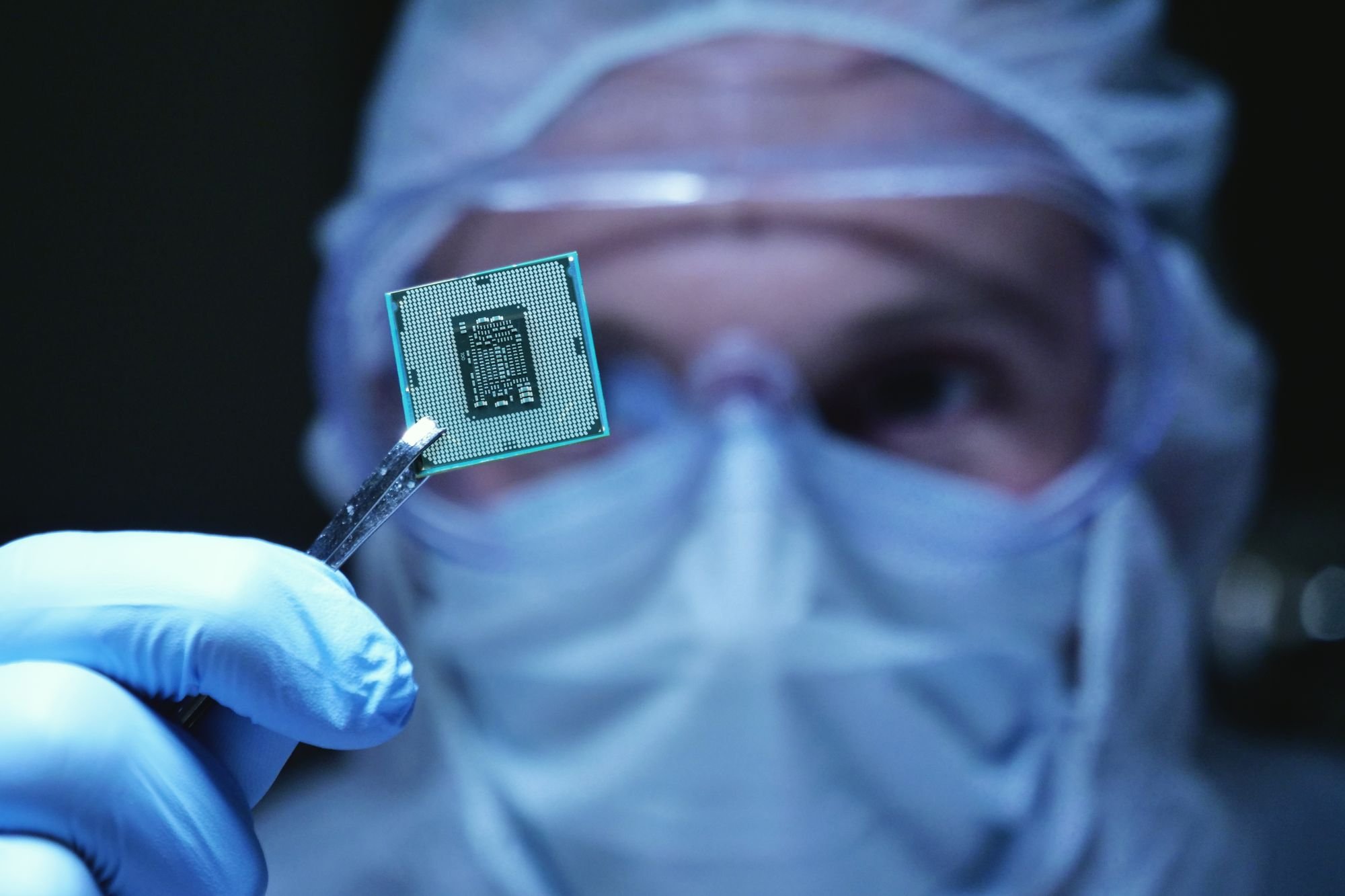Driverless vehicles are often touted as the "next big thing" for both the tech and auto industries. But with so many companies making grand forecasts, it can be tough for investors to identify the true top brands in this fledgling market.
Let's take a closer look at the top ten driverless brands, roughly ranked by their market reach.

Google's prototype car. Image source: Google.
10. Ford
In August, Ford (F +0.00%) CEO Mark Fields claimed that the automaker would mass produce fleets of driverless cars for a commercial ride hailing service by 2021. To do so, it's expanding its Palo Alto center and doubling its employee headcount.
Ford also recently acquired Israeli start-up SAIPS, which specializes in computer vision technology that helps vehicles "see" obstacles, and invested in several other companies that develop driverless technologies.
9. Tesla Motors
EV maker Tesla (TSLA +0.74%) gained a first mover's advantage in the semi-autonomous race with its Autopilot system. That system was recently implicated in a few fatal accidents, but it's continuously being improved with hardware and software updates.
CEO Elon Musk recently announced that the company was building fully autonomous EVs powered by Nvidia's (NVDA +3.25%) Drive PX2 platform, eight cameras, 12 updated sensors, and an upgraded radar. Musk believes that a fully autonomous Tesla vehicle could drive from L.A. to New York by the end of 2017.

Tesla's Model S. Image source: Tesla.
8. Audi
However, Volkswagen's Audi already completed a cross-country trip with an autonomous SQ5 last year. That vehicle was powered by Delphi's (DLPH +0.00%) driverless platform. Audi has also showcased other driverless vehicles like the A7, and claims that the next generation of its A8 sedan will be fully autonomous by 2017.
Last December, Audi, Daimler, and BMW co-purchased the HERE mapping service from Nokia. Buying that platform, which is being upgraded from autonomous vehicles, enables the German automakers to address the privacy concerns which Google-controlled vehicles have raised.
7. Daimler
Daimler chairman Dieter Zetsche believes that driverless vehicles could hit the market by 2025. That's a more conservative forecast, but the company has already been turning heads with its driverless Mercedes-Benz vehicles. It unveiled a driverless 18-wheeler in 2014, as well as a luxurious F 015 driverless concept sedan last year.

The F 015 concept car. Image source: Mercedes-Benz.
6. Nvidia
Nvidia's Tegra mobile SoCs (system on chips) power many infotainment and navigation systems in high-end vehicles. Nvidia is expanding deeper into that market with Drive PX, an onboard computer that powers autonomous vehicles.
Tesla's new Autopilot system will use the second generation of that platform, PX 2. Nvidia also recently unveiled its next-gen Tegra "Xavier" SoC as an AI "supercomputer on a chip" for self-driving cars, and partnered with Baidu (BIDU +0.13%) and TomTom to develop new mapping systems for autonomous vehicles.
5. Alphabet
Alphabet's (GOOG 0.81%) (GOOGL 0.80%) Google has been testing out its driverless cars on public roads for several years. Those vehicles use LIDAR systems, which scan the surrounding environment in real-time while using a "high detail" version of Google Maps for navigation.
Google wants automakers to ultimately produce driverless cars powered by its software platform, but that could be a tough sell due to the aforementioned privacy issues.
4. Baidu
Baidu, the top search engine in China, has been testing out vehicles on public roads since last December. In April, it formed a driverless tech research center in Silicon Valley, with plans to eventually test driverless cars in the U.S.
Baidu is outsourcing the production of its cars to Chinese automakers, and has stated that its first commercially available driverless vehicle -- a shuttle bus running on a pre-set loop -- will launch in China in 2018.
3. Mobileye
Mobileye (MBLY +0.00%) provides ADAS (advanced driver assistance systems) to about 90% of leading automakers worldwide. These systems use cheaper technologies like cameras and radars to hit the brakes or sound alerts when obstacles are detected.
Mobileye is leveraging that position to expand into autonomous vehicles with its EyeQ computer vision chips. The EyeQ brand suffered a setback this year when Tesla dropped its chipset from its Autopilot systems, but the chipmaker still maintains a strong first mover's advantage in the driverless market.
2. Delphi Automotive
Delphi, one of the world's largest auto parts makers, also sells ADAS systems and autonomous solutions. Revenue from those businesses, which generated almost a fifth of the company's sales last quarter, has grown at double-digit rates over the past several quarters.
As Delphi's automaker customers gradually upgrade to driverless vehicles, Delphi could gain tremendous bundling power by selling traditional auto parts with ADAS and autonomous solutions. Delphi also recently partnered with Mobileye to launch a fully autonomous vehicle system by 2019.

Image source: Delphi.
1. Qualcomm
Qualcomm (QCOM 1.76%), the biggest mobile chipmaker in the world, will soon become the biggest automotive chipmaker in the world after its acquisition of NXP Semiconductors closes.
That acquisition will combine NXP's automotive chips and BlueBox platform (which competes against Nvidia's Drive PX) with Qualcomm's Snapdragon Automotive chips and the IoT/automotive chips it acquired from CSR last year. That will make Qualcomm the 800-pound gorilla in connected cars, and allow it to gain substantial content share in autonomous vehicles in the future.












